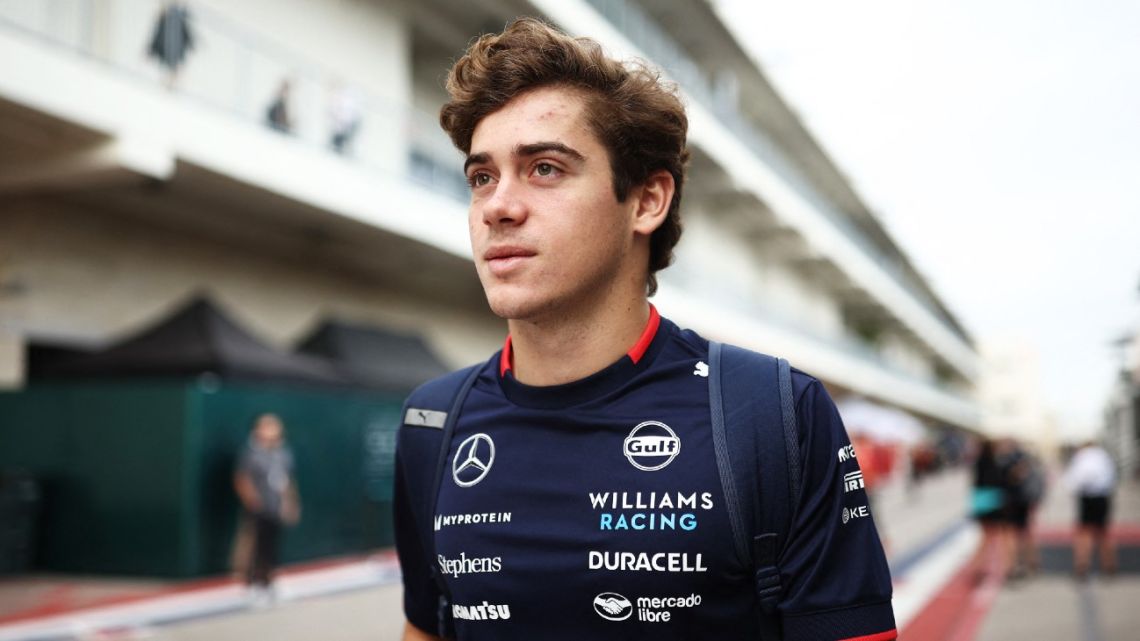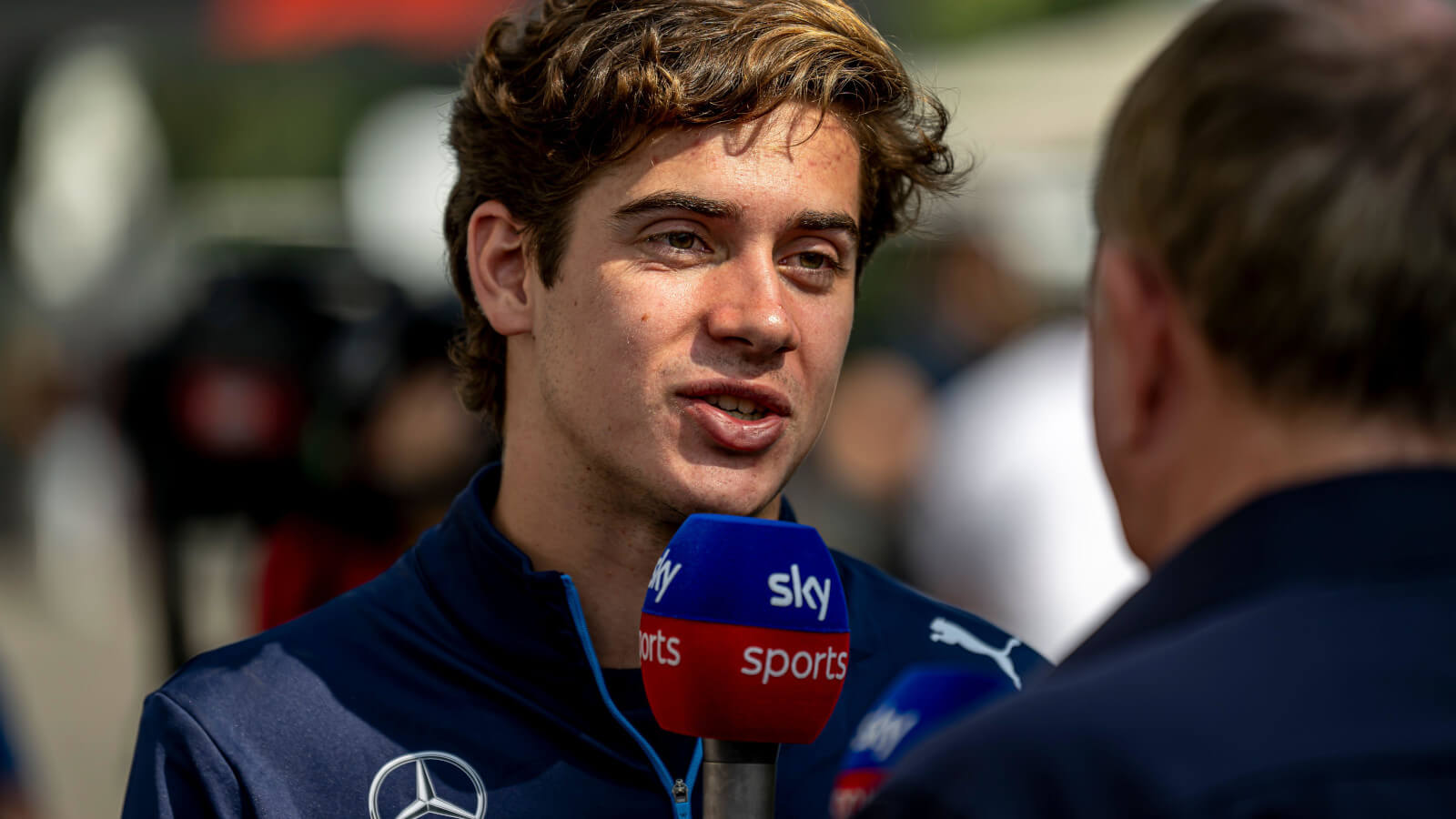The possibility of an Argentina Grand Prix returning to the Formula 1 calendar has gained traction following recent talks between F1 CEO Stefano Domenicali and Argentine officials. The discussions, held in Brazil, included Cesar Carman, president of the Automovil Club Argentino, and Daniel Scioli, Argentina’s secretary of tourism, environment, and sports. They focused on reintroducing the event by 2027 or 2028, reviving Argentina’s role in F1 after a 30-year absence. The nation has a deep F1 legacy, with Argentina hosting 21 Grand Prix races between 1953 and 1998 and racing legend Juan Manuel Fangio securing four wins on his home turf.
Argentine driver Franco Colapinto’s rise in F1 has fueled enthusiasm for a home Grand Prix. Colapinto, who joined Williams F1 in 2024, has gained a substantial following, especially in South American races, underscoring Argentine fans’ passion for motorsport. His presence in F1 has been seen as pivotal, raising Argentina’s profile within the F1 community and highlighting the potential support for an Argentine race. This surge in interest adds weight to the push for an F1 return, as officials hope his success could reignite the motorsport fervor in Argentina.

However, logistical and infrastructural challenges lie ahead, as Argentina’s Autodromo de Buenos Aires track must be upgraded to FIA Grade 1 certification standards to qualify for hosting F1 races. Scioli and Carman noted that considerable renovations are necessary, requiring substantial financial investment. Private funding has reportedly been secured to help meet these requirements, though the scale of the project and the certification process make a 2027 or 2028 return the most realistic target. Both officials acknowledged the significant effort needed but are optimistic about making the upgrades in time.
Domenicali expressed interest in expanding the F1 calendar to include Argentina, though he highlighted the need for Argentina to contend with other nations aiming to join the F1 schedule. South Africa, Rwanda, and Madrid are also vying for a spot, with Madrid already slated for inclusion in 2026. Argentina’s potential inclusion would depend on the expiration of existing contracts, indicating a competitive environment for new Grand Prix locations. Yet, the commitment from Argentine officials and private investors makes Argentina a strong candidate for future consideration.
Ultimately, Colapinto’s impact and the Argentine motorsport community’s enthusiasm have been instrumental in advancing the case for an Argentina Grand Prix. Officials are hopeful, with Carman and Scioli describing the alignment of opportunities as almost “a dream.” While significant groundwork remains, the combination of Colapinto’s popularity and potential private investment has created momentum, bringing the idea of an Argentine race closer to reality than it has been in decades.

